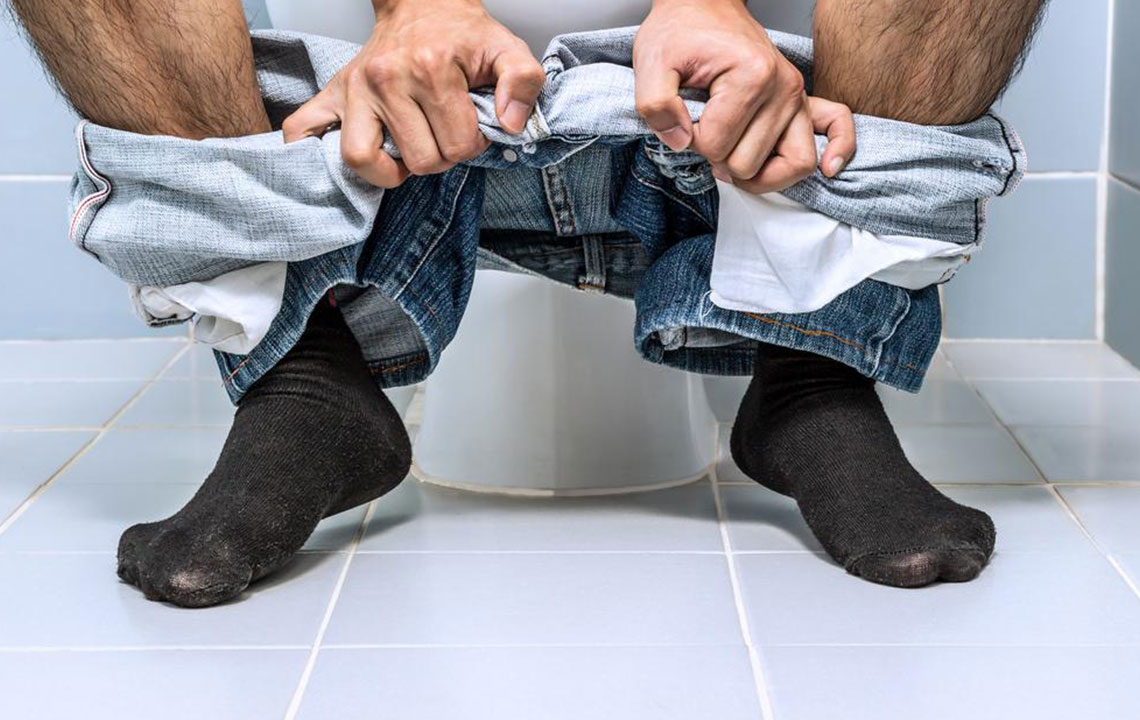Identifying Common Causes of Persistent Constipation
Explore the common causes of chronic constipation, including lifestyle, neurological, and structural factors. Learn about diagnostic methods and effective treatment options to manage this common condition effectively.
Sponsored

Understanding the Primary Causes of Constipation
Chronic constipation varies from person to person. Some experience infrequent bowel movements, others feel strain during defecation, and some have a constant sensation of incomplete evacuation. The standard definition is fewer than three bowel movements weekly. Often, symptoms overlap, including excessive straining, incomplete emptying, hard stools, and pelvic discomfort. Medical professionals describe it as a complex system involving muscle coordination, nerve function, hydration, and diet. Recognizing these factors is crucial for effective management of constipation.
Proper hydration is vital for elimination processes, including waste removal through urine, lungs, skin, and digestive tract. Insufficient water intake can cause stool hardening and slow transit through the intestines. A diet lacking in fiber, especially roughage, hampers bowel movements by impairing peristalsis—the rhythmic contractions that propel waste. Additionally, slowed colonic transit time, neurological issues like nerve damage from diabetes or Parkinson’s disease, and weakened pelvic muscles can all contribute to ongoing constipation. Medical conditions such as hypothyroidism, diabetes, or structural obstructions also play a role.
Diagnosis involves thorough medical history, physical examination, rectal inspection, blood tests, and advanced imaging procedures like sigmoidoscopy or colonoscopy. Tests such as anorectal manometry evaluate muscle coordination during defecation, while balloon expulsion tests assess muscle strength. Others include colonic transit studies, scintigraphy, defecography, and MRI—each designed to identify specific dysfunctions or obstructions.
If an underlying cause is identified, targeted treatment is essential. In some cases, no cause is apparent. Lifestyle modifications—improving hydration, increasing dietary fiber, regular toileting habits, regular physical activity, and reviewing medication—offer significant relief. Persistent changes in bowel habits or stool quality should prompt consultation with a healthcare provider to rule out serious conditions. When necessary, medical interventions or therapeutic procedures may be employed for resolution.






